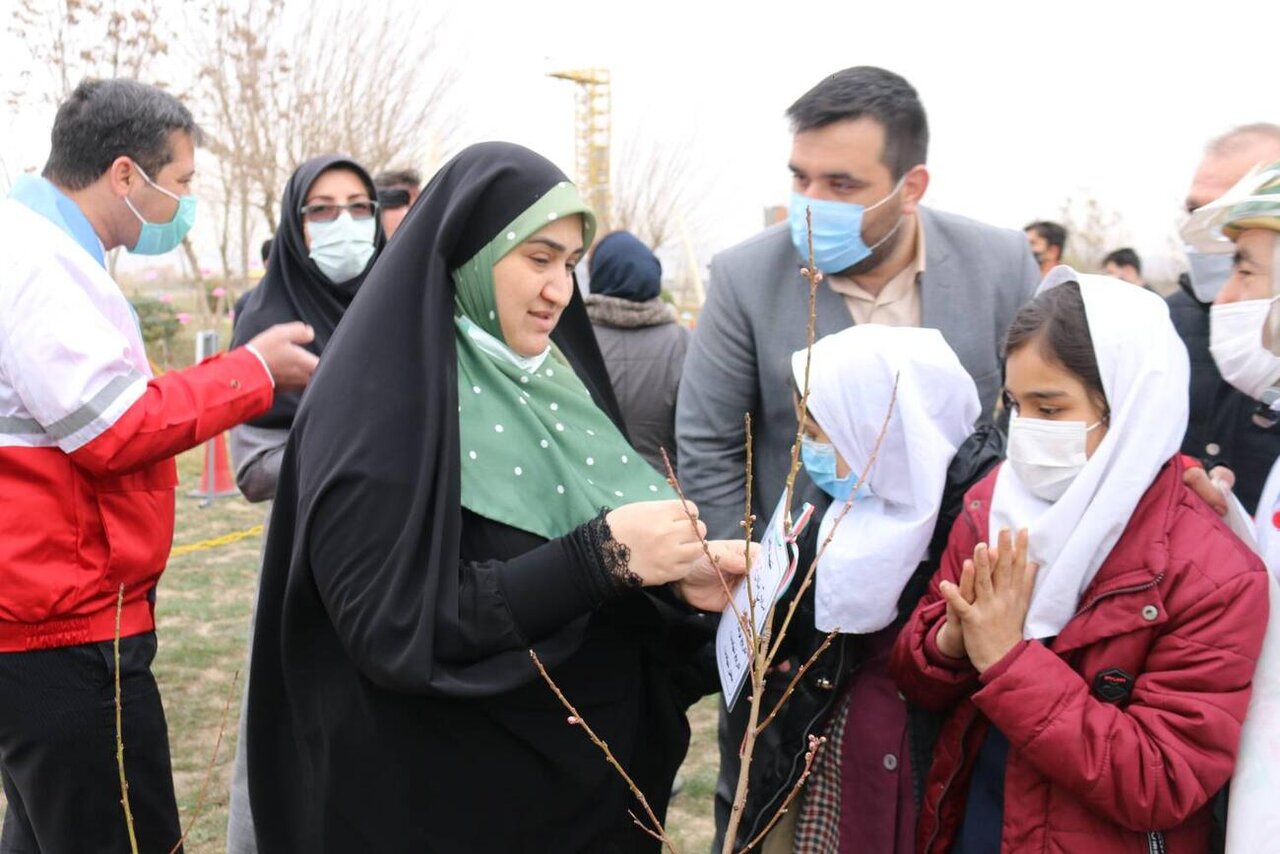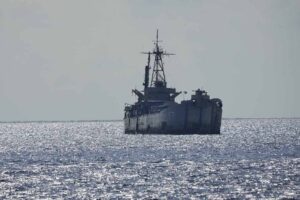
“Currently, one of the most significant impacts of climate change in the Persian Gulf Region is the increase in sand and dust storms. The region is particularly prone to these storms due to its arid and desert-like environment. Droughts, exacerbated by climate change, produce dry and loose soil that can easily be lifted by strong winds, causing soil erosion, affecting water quality and degrading agricultural land,” she said.
“As the phenomemon affects the whole region and not just Iran, we need to cooperate with neighboring countries, both in terms of reducing and adapting to the impact of climate change. That’s why I have called for a parliamentary climate change agency for the region to coordinate between the different parliaments,” Rafiei underlined.
These dust storms can pose significant health risks, especially to those with respiratory conditions, she noted, adding that the Parliament is taking action to ensure that people suffer less, for example by introducing monitoring and early warning systems.
We need to go beyond statements about climate change with colorful and attractive slogans at international conferences to real concrete action, she stressed.
The Iranian lawmaker went on to say that an international approach is essential within the Persian Gulf region and more broadly across the Middle East and North Africa.
One step towards cooperation would be to establish a regional parliamentary agency on climate change to monitor dust storms and work towards common cross-border laws and policies. We propose Kish Island, an island in the Persian Gulf, as the centre for this agency, as this is where most dust storms occur. The island is also known for its rich biodiversity, including a unique coral reviving site, she said.
The views and opinions expressed by the parliamentarians are their own and do not necessarily reflect the IPU’s position.
MNA




